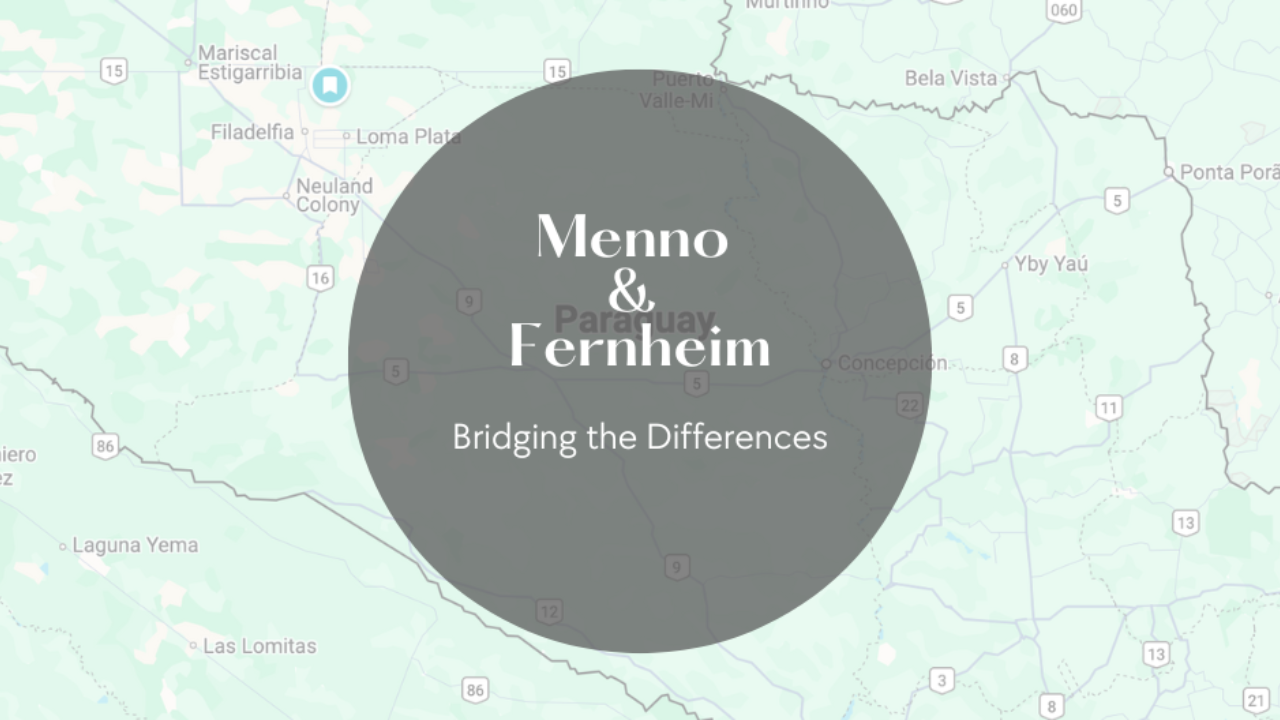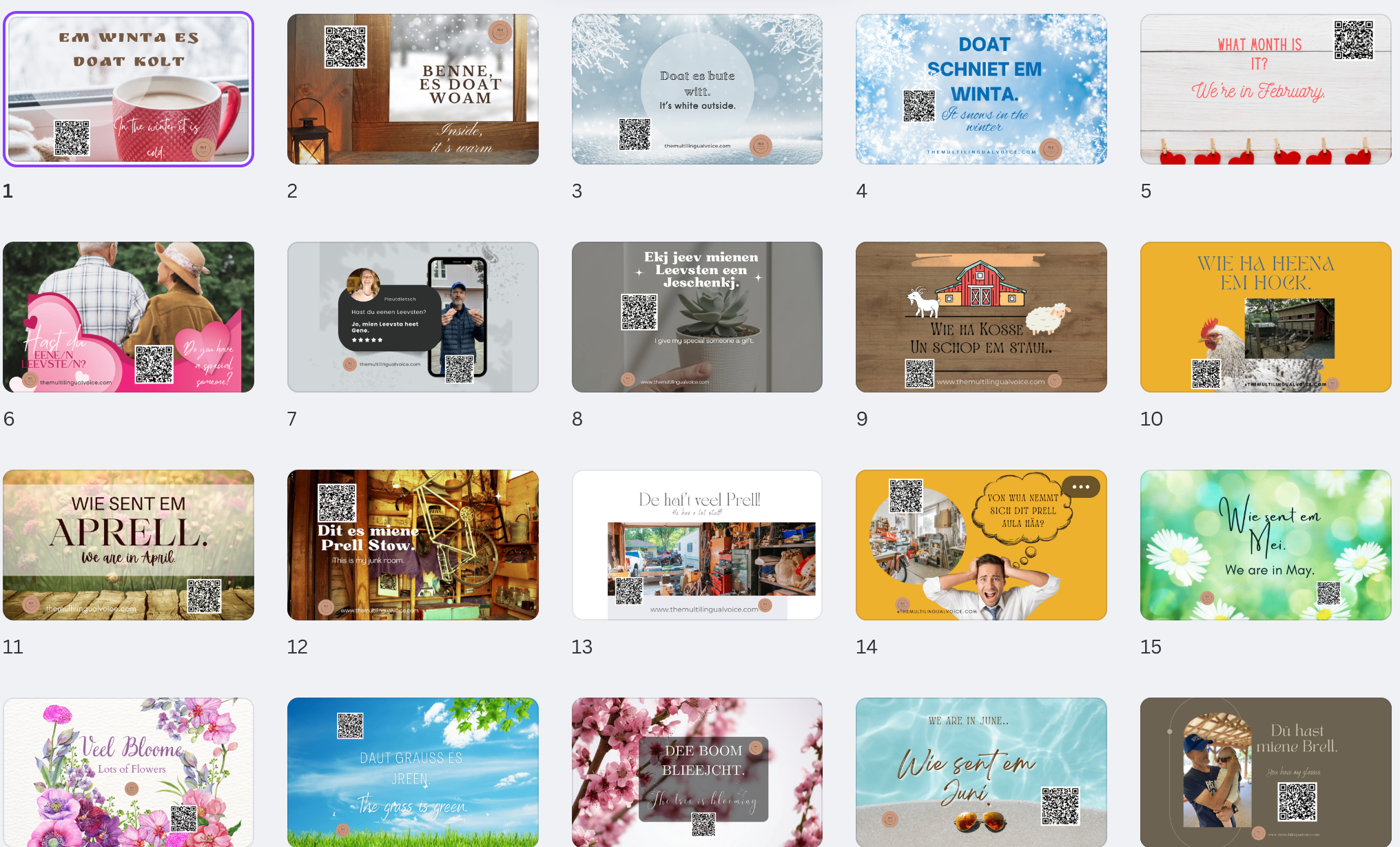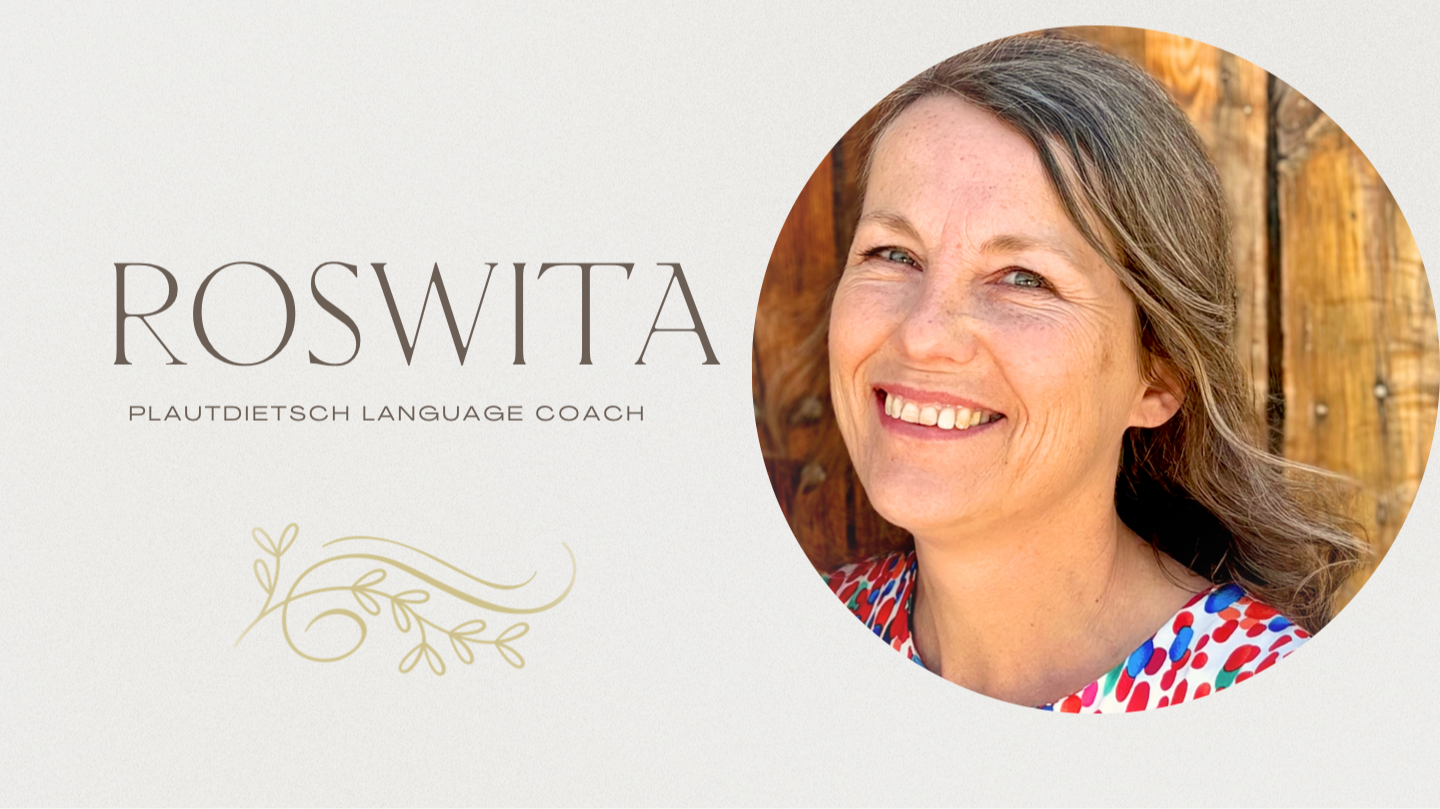MLL - 8 Benefits to Learning Culture and Language through Hospitality

Cross-Cultural Hospitality
While working overseas in Russia, we spent the first 2 years focused on language and culture studies. We made friends in the markets, at churches, through the local music school, nannies, neighbors and so on. The culture of hospitality in Russia of arriving at someone’s house unannounced was similar to what my husband, Gene and I became accustomed to while growing up in Brazil and Paraguay. This meant that after we had met with the same people for tea on multiple occasions, we were then welcomed to go to their place unannounced. Even though growing up in a similar culture, and having done the same with friends in Paraguay, I still hesitated with taking that next step.
1. Learning to be Spontaneous
We would invite them over for dinner, and have a wonderful time. Afterwards, they would say “now, it’s your turn; You need to come over.” This meant that we were welcome to drop by for tea. Going over for tea meant that it was a more casual get together where the host might have a few sweets and sandwiches to go along with the tea and coffee. However, if you were invited for a meal, this meant that it was a more formal occasion such as a birthday party or other special event.
2. Learning Cultural Values
When we got around to going over for tea (and usually it would still be a nudge on their part LOL), it was the culture that the guest would always bring a box of chocolates or other special treats to share for the tea. I remember getting a compliment for baking a cake, and the praise wasn’t so much about how it tasted, but rather on the height of the cake. A cake made in a bundt pan or made with layers signified a higher skill of the baker. I wouldn’t be able to tell you exactly why this was of cultural value, but it made me wonder if it might be that baking powder wasn’t available in our area at the time, and getting a cake to rise well with just baking soda was a much greater challenge than using baking powder as the rising agent in the mixture.
3. Language Practice
During these times of wonderful hospitality was where we had the most fun in practicing the Russian language. This was a time of a lot of questioning and answering. They wanted to know our opinions on so many things. We loved listening to their stories. In the beginning it was a lot of guesswork in figuring out the context of what was being said, but gradually we understood more and more.
4. Building Vocabulary
An incident that made us laugh was when we had been hanging out with several couples for a few months and became quite comfortable visiting with each other. Our kids were the same age and everyone had a great time when we got together. On this particular occasion, a couple we had never met before joined us for tea. During the visit the husband began telling us a longer story when our other friends interrupted them and said “they won’t understand those words! You have to speak slower and simpler.” The guy was somewhat stumped and didn't know how to proceed. We laughed at this because we thought we were really doing well with advancing in our Russian comprehension, however our friends had been simplifying their word choice so that we would understand. We took this opportunity to say that learning new words would help us grow in our language acquisition, and the conversation continued. This form of hospitality made it easy for us to practice the language regularly, but if we had kept it only to that context we would have limited our language learning progress.
5. Learning Appropriate Expression
During these times of tea, it would be common to start a little later after dinner so that the day's work had been accomplished. This was a great time to get updated on community news, hear what the challenges our friends were facing, but my most favorite part of these visits was the humor. It was common for someone in the group to have funny stories to tell, and everyone would have a great time laughing. However, I was accustomed to laughing really loud when I thought something to be funny, and it didn’t take long for me to notice that I stood out with that kind of laughter. I learned that it was more appropriate to chuckle and control the noise when laughing.
6. Learning through Humor
Understanding the humor of a culture sometimes takes a while for a language learner to grasp, especially if it’s a different style than what the learner is accustomed to. If you read my story, you will know that I grew up with a mixture of cultures and one of them being more of a Slavic culture. Living in a small community in Paraguay of German/Slavic immigrants, I was used to humor being told through stories. These stories could be made up or actual facts of something that happened in the community. A little gossip at times. Probably.
7. Navigating Cultural Nuances
The culture of hospitality allowed us to learn different aspects of culture. Besides humor, friendship, and socializing cues, we also learned about family relationships, lifestyle of minimalism, potty training, raising children, goal setting, and so much more. But in general, the more we got together the deeper our friendship became.
When I had questions about medical care for my children, the best advice was through the friends I made around the tea table. I had our third child in Russia. Having a baby is one thing, but having a baby in a foreign culture is a whole other story. These friends carried me through the hurdles of Russian procedures. The road was rough, but in the end I had a greater appreciation for the culture and the people.
8. Gleaning a Deeper Understanding
Learning from other cultures happens best when we are on their turf. It’s much easier to have them over where we are familiar with the sequence of interactions, however when we put ourselves into a situation that makes us at the mercy of doing things “their way”, this is where deeper learning happens and where relationships are established that carry you through when the road gets rough. Learning new languages and cultures is never easy, but when we can spice it up with relationships around the table, we will move forward towards fluency!
The Language Learning Guide
Get the FREE resource to boost your language learning efforts.
If you are wanting to learn a new language for a specific situation and you just can’t find the program to meet that need, I’ve created a guide with strategies and tools to create phrases that resonate with your context.
We hate SPAM. We will never sell your information, for any reason.




